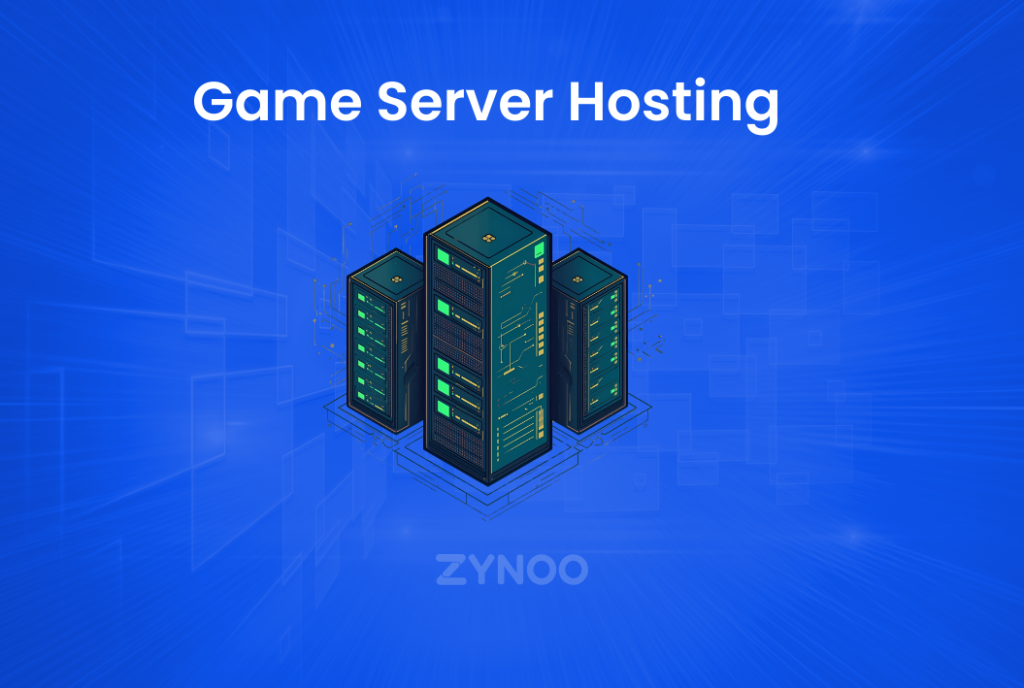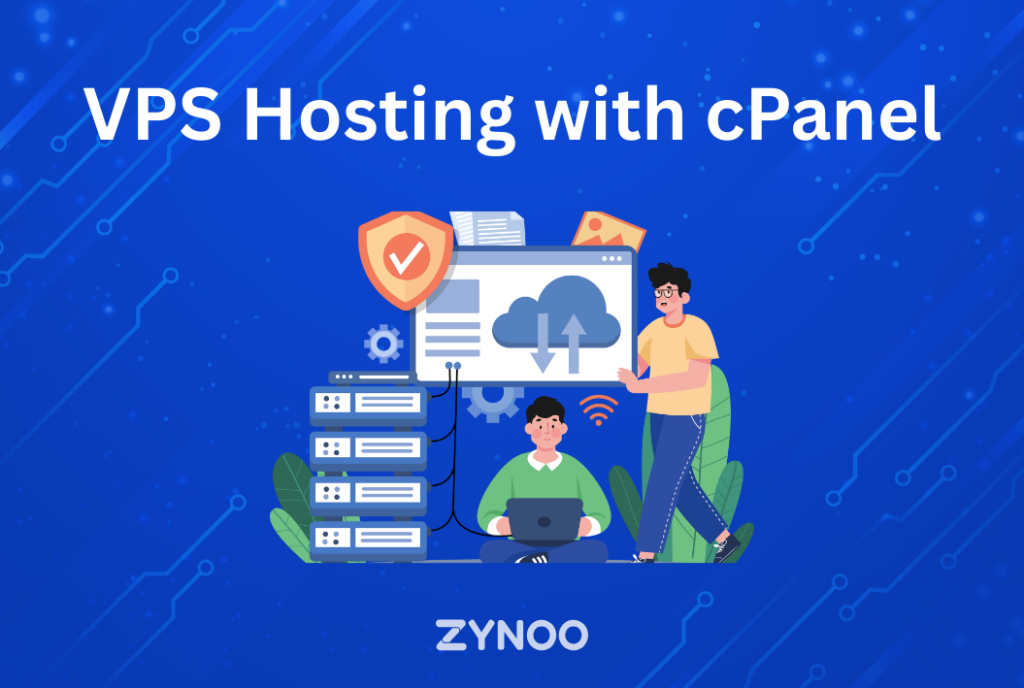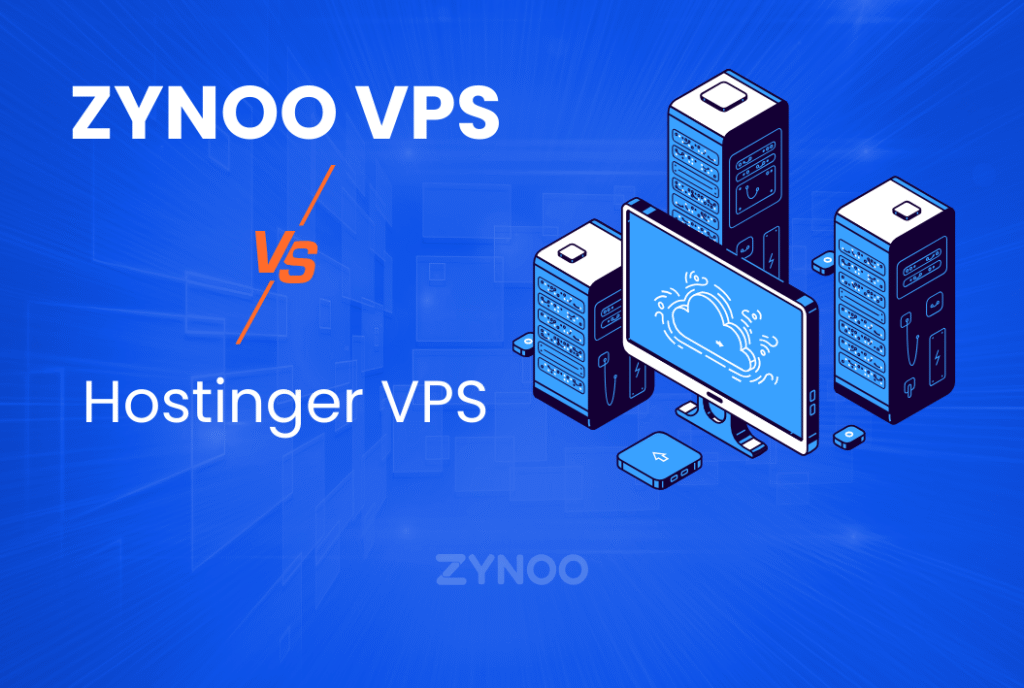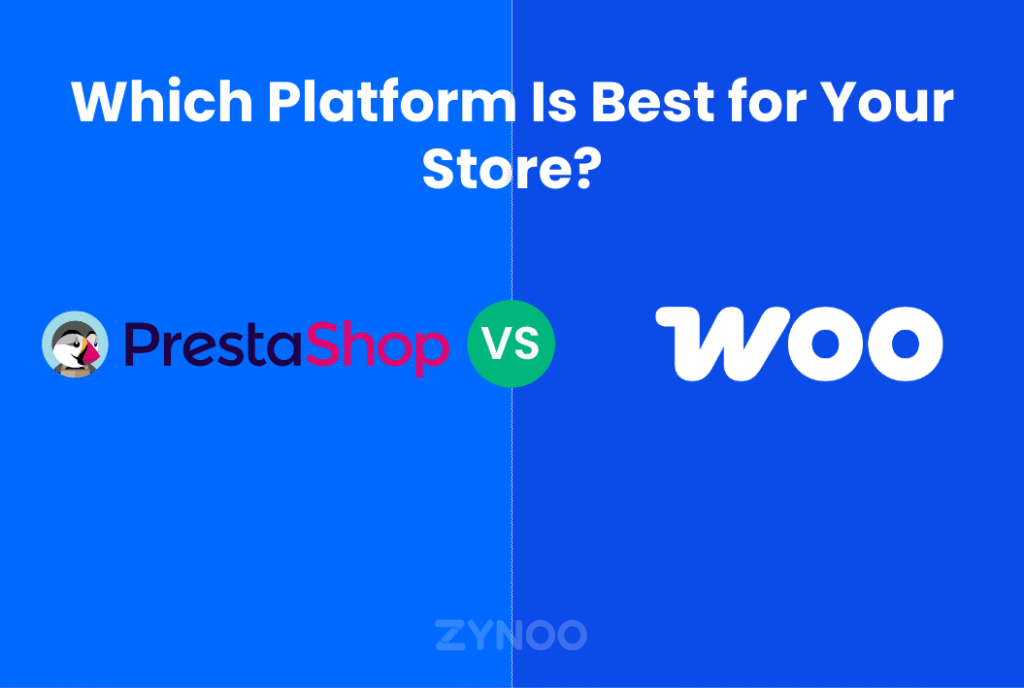Introduction
Online multiplayer gaming is bigger than ever. From sandbox survival titles to massive MMORPGs and competitive shooters, millions of players connect daily. But smooth gameplay doesn’t just happen — it depends on game server hosting.
While most gamers rely on official servers, more communities are turning to self-hosted game servers. Running your own server gives you control, performance, customization, and privacy that shared servers can’t match.
In this guide, we’ll explain what game server hosting is, the benefits it brings, what kind of hardware and hosting you’ll need, and which games are most popular to host. We’ll also show you when to choose a VPS vs a dedicated server, with links to in-depth resources.

What is Game Server Hosting?
Game server hosting means running the server-side software of a video game on your own hardware (or rented hardware from a provider). The server handles player connections, game logic, data storage, and communication between players.
There are three main approaches:
- Self-hosted servers → Full control on your VPS or bare metal machine.
- Rented servers → Publisher-provided hosting, like Minecraft Realms.
- Shared servers → Cheapest option, but limited in control and performance.
For gamers who want reliability and freedom, self-hosted VPS or dedicated servers are the best choices.
Benefits of Running Your Own Game Server
Why invest in running your own server when you can use official ones? The advantages are significant:
- Customization → Set your own rules, mods, plugins, and world settings.
- Performance → Dedicated resources mean smoother gameplay with less lag.
- Privacy → You choose who can join your server.
- Community building → Create and manage your own group of players.
- Longevity → Keep older games alive after publishers shut down official servers.
Why Host Your Own Game Server?
The short answer: control and independence. When you host your own server, you’re no longer tied to publisher restrictions. You decide the pace of updates, the community standards, and how resources are allocated.
For small groups of friends, it means uninterrupted private matches. For large gaming communities, it means freedom to expand and customize without limits.
Game Server Hosting Requirements
Before you dive in, make sure your hosting environment can handle the workload. Requirements vary by game, but here’s a baseline:
Hardware Recommendations
| Component | Minimum | Recommended | Notes |
|---|---|---|---|
| CPU | 2 cores | 4–8 cores | Multi-threading boosts performance |
| RAM | 4 GB | 8–16 GB | Mods or large maps may need more |
| Storage | 40 GB SSD | 100 GB+ SSD | SSD storage ensures smooth I/O |
| Network | 100 Mbps | 1 Gbps | Low latency for multiplayer |
Operating System
For stability and long-term support, the best choices are:
- Ubuntu LTS (20.04 / 22.04 / 24.04)
- Debian 12 (Bookworm)
- Rocky Linux / AlmaLinux
👉 Note: CentOS has reached End of Life, so avoid it for new setups.
How Game Server Hosting Works
The steps to host a game server vary by title, but the overall process looks like this:
- Choose hosting → VPS for small groups, bare metal for large-scale servers.
- Install an OS → Most guides use Ubuntu or Debian.
- Download server files → Provided by publishers or open-source projects.
- Configure settings → Player limits, rules, mods, and databases.
- Open firewall ports → Allow external players to connect.
- Monitor performance → Keep uptime, stability, and security in check.
With the right setup, a server can run reliably for years with minimal maintenance.
Popular Game Servers to Host
Many games thrive on private or community-run servers. The most common include:
- Minecraft → The world’s most popular sandbox game, with endless mods. If you want to set one up yourself, follow our step-by-step guide on how to make a Minecraft server.
- World of Warcraft (WoW) → Perfect for MMORPG fans. We’ve written a comprehensive WoW server setup guide if you’re looking for step-by-step instructions.
- Rust & Ark: Survival Evolved → Survival games that demand strong CPU and RAM.
- CS:GO / Call of Duty → FPS servers where low latency is critical.
Hosting Options — Find Your Fit
Not all hosting solutions are created equal. Choosing the right one depends on your goals, budget, and the type of game you want to run.
- VPS Hosting → Flexible and affordable, ideal for smaller communities or players just starting out. You can scale resources as your server grows. Learn more in our guide: What is VPS Hosting.
- Bare Metal Servers (Dedicated Hosting) → Full hardware control and maximum performance, best for large player bases and resource-heavy games. For details, see: What is a Bare Metal Server.
Recommendation:
- Running a Minecraft server for 20–50 players? VPS hosting is more than enough.
- Planning a WoW server with hundreds of concurrent players? Go for bare metal.
Managing and Securing Your Game Server
Owning a server isn’t just about setup — it’s about long-term maintenance. Key practices include:
- Regular updates → Patch the OS and server software.
- Firewalls & DDoS protection → Keep hackers and trolls out.
- Backups → Schedule daily backups for databases and configs.
- Monitoring tools → Track performance and fix issues early.
VPS vs Bare Metal for Game Server Hosting
Here’s a quick comparison to help you decide:
| Feature | VPS Hosting | Bare Metal Hosting |
|---|---|---|
| Cost | Lower | Higher |
| Scalability | Easy to scale up | Fixed hardware |
| Performance | Great for small/medium servers | Best for heavy loads & large player bases |
| Control | Shared environment (but isolated) | Full hardware control |
| Best For | Casual players, small communities | Large communities, MMORPGs, competitive gaming |
Conclusion
Game server hosting puts you in control of your gaming world. Whether you want a private Minecraft survival realm, a Rust battleground, or a full MMORPG experience like WoW, hosting your own server gives you freedom and reliability.
For small to medium projects, a VPS is the perfect balance of cost and flexibility. For larger communities or demanding titles, a bare metal server ensures raw power and stability.
Ready to start? Check out our step-by-step guide to hosting a World of Warcraft server and see how game server hosting works in practice.
FAQs
Popular options include Minecraft, Rust, Ark, CS:GO, and WoW private servers.
A 4-core VPS with 8 GB RAM supports dozens of players. For hundreds, move to bare metal.
Not necessarily. VPS hosting is affordable for beginners, while bare metal is an investment for larger communities.
Yes, some communities use donations or subscriptions — but check the game’s legal policies.



